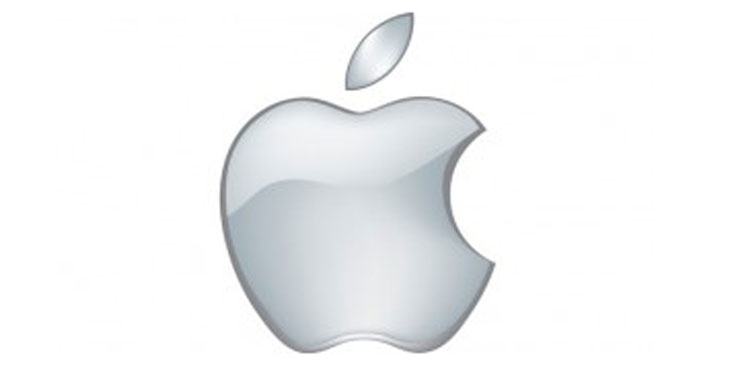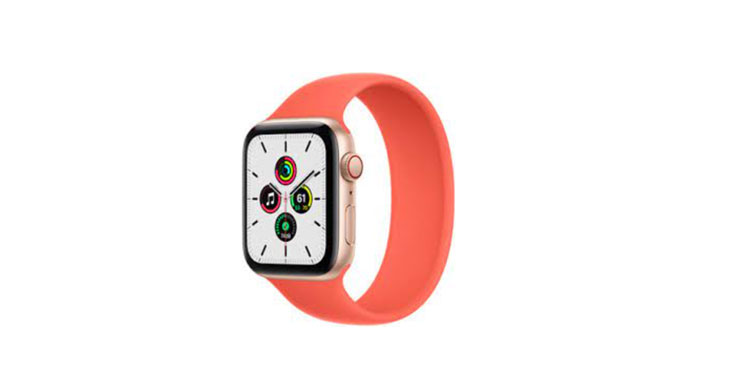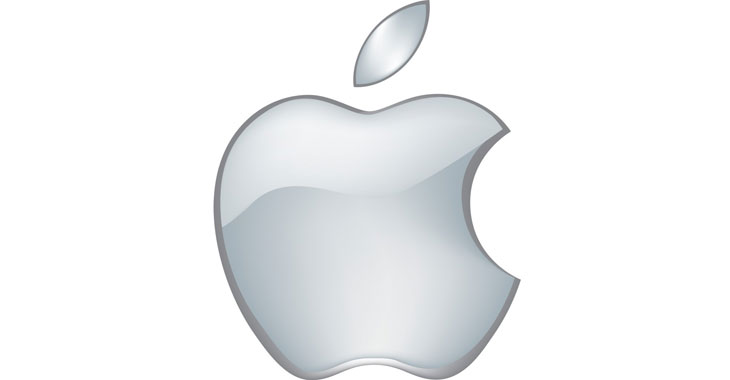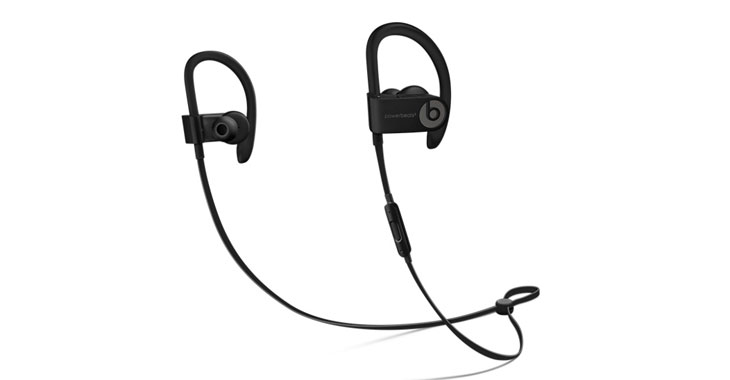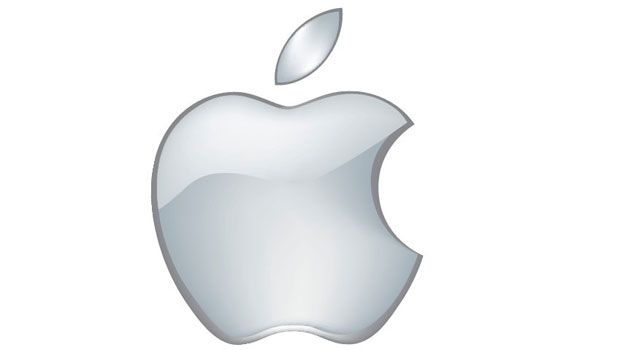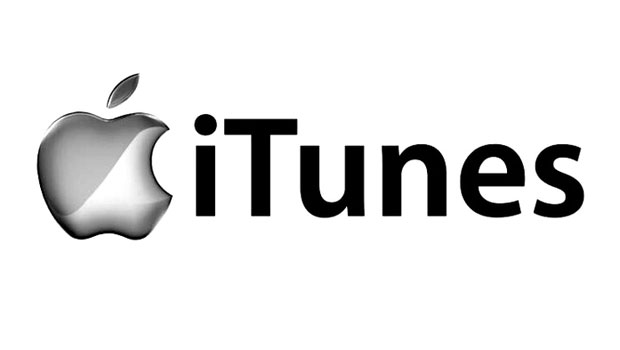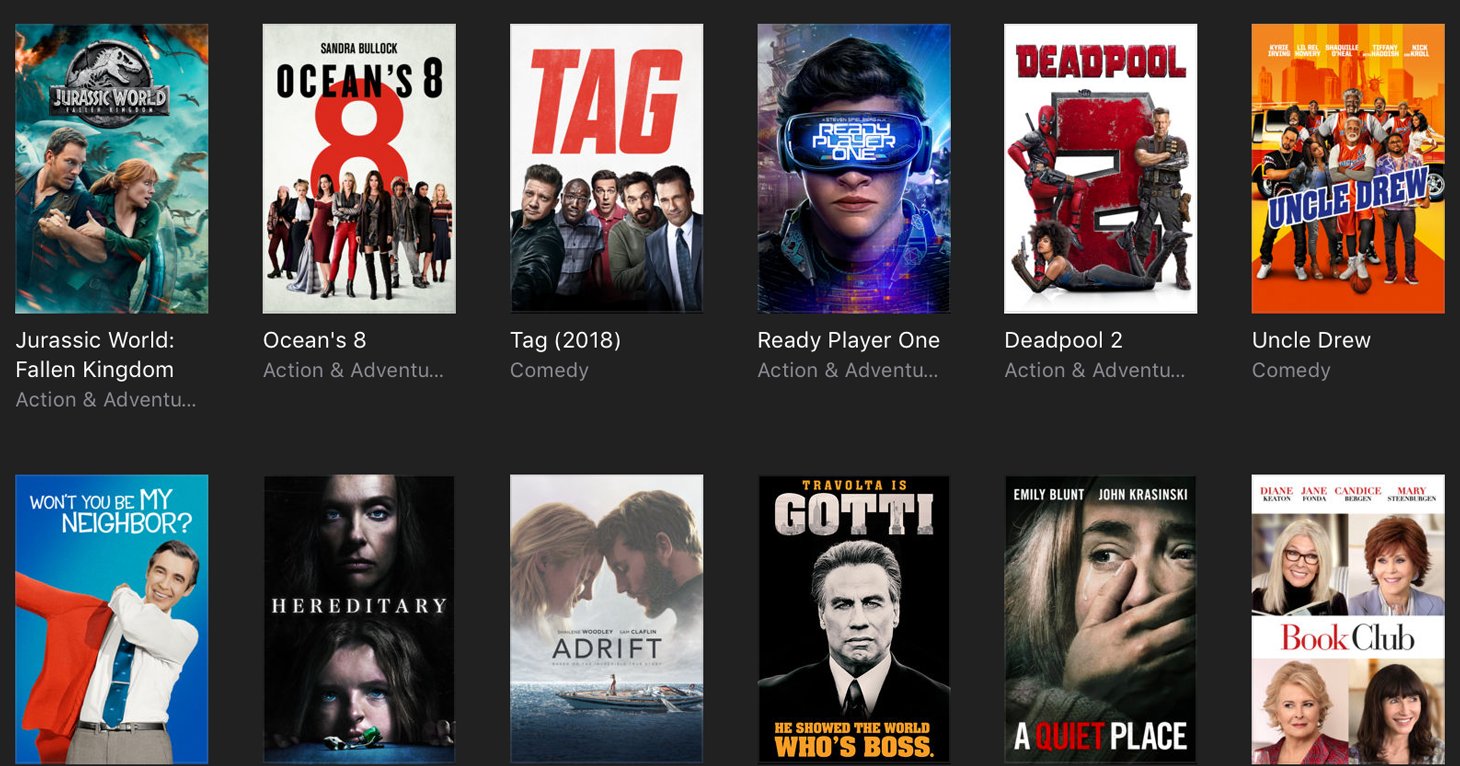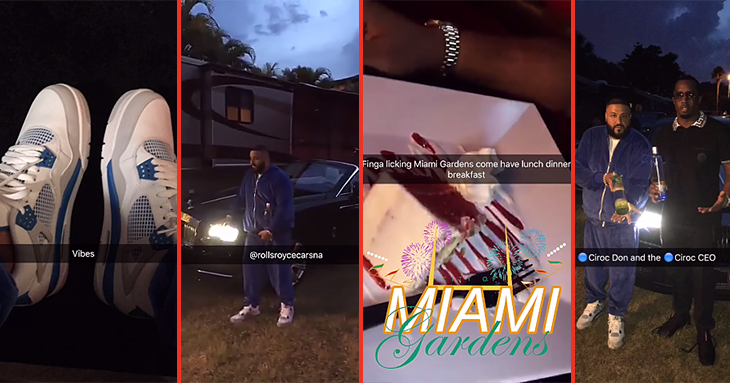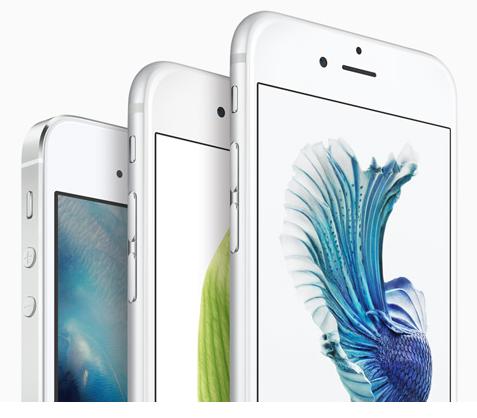
Digital Content from Apple
Allegations: Misrepresenting that consumers “buy” content and falsely representing that content has “4K” resolution
May 2016: The Ninth Circuit denied plaintiffs’ petitions for rehearing.
April 2016: Plaintiffs filed a Petition for Rehearing and Rehearing En Banc (i.e., a rehearing by all of the judges of the Ninth Circuit, rather than the selected three-judge panel).
February 2016: The Ninth Circuit affirmed the district court’s decision to dismiss the action. (In re: iPhone 4S Consumer Litigation, Case No. 14-15487, 9th Cir.)
February 2014: A federal judge dismissed a class-action lawsuit against Apple, Inc. The complaint, which was originally filed in 2012, alleges that the company’s advertisements portray Siri performing basic tasks – such as making appointments, finding restaurants, crafting text messages, and searching information –when, in reality, Siri is unable to perform these tasks “on a consistent basis.” The judge dismissed the complaint because, among other things, plaintiffs did not identify specific false or misleading statements made by Apple to promote Siri. The judge dismissed the complaint with prejudice, meaning plaintiffs cannot refile their lawsuit at a later date. (In Re iPhone 4S Consumer Litigation, Case No. 12-cv-01127, N. D. CA.).
For more information about other class-action lawsuits filed against Apple and TINA.org’s coverage of the company, click here.
Allegations: Misrepresenting that consumers “buy” content and falsely representing that content has “4K” resolution
Allegations: Falsely advertising that products provide “optimized voice performance” and “loud, crisp, crystal-clear call performance”
Allegations: Misrepresenting that Siri devices only listen to, record, and share conversations if users provide consent when the company intercepted, recorded, disclosed, and misused consumers’ private conversations without their consent
Allegations: Falsely marketing when AI features would be available on iPhones
Allegations: Marketing that products provide “unparalleled wireless audio” when a defect causes condensation that leads to several performance issues
Allegations: Marketing products as safe when wearers may suffer injuries
Allegations: Falsely marketing products as “carbon neutral”
Allegations: Misrepresenting that apps from Apple’s app store have been vetted and reviewed, are safe and secure, and comply with applicable laws
Allegations: Falsely advertising products as designed for human health, environmental sustainability, and everyday use
Allegations: Marketing that headphones provide “up to 9 hours listening time,” charging cases provide “more than 24 hours listening time,” and devices provide continuous Bluetooth connectivity when they fail to…
Allegations: Misleadingly marketing that iMessage and Facetime are secure methods of communication without disclosing that a flaw in Apple’s iOS software and T-Mobile’s SIM card practices allow iMessage correspondence and…
Allegations: Falsely advertising that phones are unlocked
Allegations: Misleadingly marketing products as providing superior audio and having noise-cancelling features
Allegations: Misrepresenting that an iOS update was compatible with older devices
Allegations: Failing to adequately disclose that products do not come with power adapters needed to charge devices
Allegations: Deceptively marketing Powerbeats headphones as “BUILT TO ENDURE” and the “BEST HEADPHONES FOR WORKING OUT”
Allegations: Misleadingly representing that owners of Apple devices who purchase iCloud subscriptions get the storage in the plan plus the 5GB of storage automatically provided to all owners of Apple…
Allegations: Misrepresenting that replacement devices under warranties will be new devices when they are actually refurbished, reconditioned, and secondhand
Allegations: Misleadingly representing that the wristwatch is capable of measuring blood oxygen levels when the device does not provide accurate measurements
Allegations: Misleadingly representing that the iOS 9 software was compatible with and would improve the performance of the iPhone 4s when the update slowed down the performance of phones and…
Allegations: Falsely representing that Apple will not collect data about consumers’ activity in apps if they turn off certain privacy settings
Allegations: Misleadingly marketing Beats Powerbeats Pro wireless earbuds
Allegations: Falsely marketing smart watches as “swimproof” and water resistant when they’re not
Allegations: Promoting illegal virtual gambling games
Allegations: Promoting illegal virtual gambling games
Allegations: Promoting illegal virtual gambling games
Allegations: Using ratings categories that fail to disclose that certain games use loot boxes
Allegations: Misleadingly representing that it would provide subscribers with iCloud storage when their data was stored on cloud servers owned by other entities
Allegations: Failing to disclose that devices unexpectedly power off due to a defect and an update resulted in reduced processing speeds and other operations
Allegations: Misleadingly marketing that consumers can “buy” digital content when Apple does not own all of the content it sells and must revoke access to content if its license to…
Allegations: Promoting illegal virtual gambling games
Allegations: Failing to disclose that the iPhone XR has only half of the connectivity and 4G speed of the iPhone XS and iPhone XS Max
Allegations: Misleadingly marketing phones as water resistant without clarifying the difference between water-proof and water-resistant
Allegations: Misleadingly representing that consumers may “buy” content by paying a higher price when Apple may revoke consumers’ access to “purchased” content at any time and for any reason
See how you stack up.
When you don’t own what you buy.
Surrender your iTunes movies.
Is DJ Khaled the key endorser on Snapchat?
Fine print discloses numerous conditions tied to new iPhone promotion.
